By David Otieno
In Nairobi's densely populated informal settlements, such as Kibera and Kangemi, the challenge of accessing adequate mental healthcare is profound.
Here, poverty and inadequate basic amenities intertwine with significant mental health struggles, yet many residents continue to face barriers to receiving the support they need.
This ongoing issue shows the gap between global awareness of mental health and the practical, on-the-ground support required by those in the most underserved areas.
According to the Kenya Mental Health Policy 2015-2030, mental health disorders affect over 25 per cent of the population at some point in their lives.
Read More
However, the Global Burden of Diseases report from 2004 revealed a staggering reality: four out of five individuals with serious mental health disorders in low and middle-income countries do not receive the necessary services.
This statistic highlights the critical nature of the issue in Nairobi’s informal settlements, where the need for mental health support is both urgent and often unmet.
John Wanyama, a 25-year-old resident of Kayole, reflects on his personal struggle with depression.
"I felt trapped in darkness,” he recalls. "Mental health was never a topic of discussion where I live. I struggled for a year without even knowing it was something that could be treated.”
John’s experience underscores the broader issue of unrecognized and untreated mental health conditions in these communities.
In contrast, Grace Auma’s journey in Kibera illustrates the potential for transformative change through local initiatives.
After experiencing significant personal loss, including losing her job and her husband leaving, Grace reached a breaking point. “I hit rock bottom,” she shares.
“Empower Her provided counseling that saved me. They gave me a lifeline when I felt there was none.”
Empower Her, a local NGO, plays a pivotal role in providing essential mental health support.
By raising awareness, reducing stigma, and offering trauma-informed programs, they have become a beacon of hope in Kibera.
Their counseling center serves over 500 individuals annually, and they conduct monthly seminars on mental health awareness that are attended by an average of 100 women and children per session.
Mary Ndanu, a volunteer counselor at Empower Her, notes, “We see firsthand the toll mental health issues take here in Kibera. Our center provides a safe space for healing and growth. Education is crucial; these seminars empower residents to recognize symptoms and seek help without shame.”
Similarly, Oasis Africa’s outreach efforts in Kangemi reflect a proactive approach to mental health education. Dennis Omondi, a community outreach coordinator, elaborates on their work: “We organize quarterly seminars attended by up to 150 individuals each time. These events are pivotal in breaking down misconceptions and fostering open dialogue about mental health. We focus on reaching young people from all the informal settlements in Nairobi because of the unique challenges they face.” Through these seminars, Oasis Africa strives to create a more informed and supportive community.
Despite these impactful efforts, NGOs and community-based organizations face considerable challenges, including funding constraints and navigating complex regulatory frameworks. Warrimi Karingi, a mental health advocate, emphasizes the importance of robust regulations to ensure quality care and prevent exploitation.
“Transparency is essential to safeguard vulnerable populations,” Karingi asserts.
The journey towards equitable mental health care in Nairobi’s informal settlements is marked by both resilience and community-driven solutions.
The stories of John Wanyama and Grace Auma, alongside the dedicated efforts of organizations like Empower Her and Oasis Africa, highlight the critical need for accessible mental health support.
As Nairobi continues to grow, prioritizing mental health as a fundamental aspect of community well-being becomes increasingly imperative. This narrative advocates for sustained support and advocacy to ensure that mental health care is accessible to all in Nairobi’s underserved communities.
This story was written by David Otieno through the support of the UZIMA-DS project, funded by the NationalInstitute of Health (NIH).

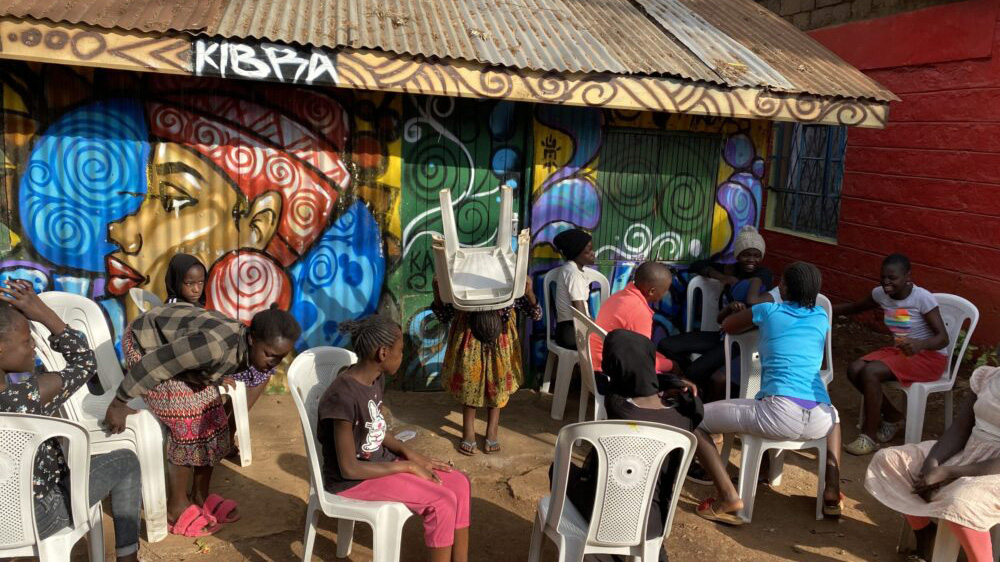

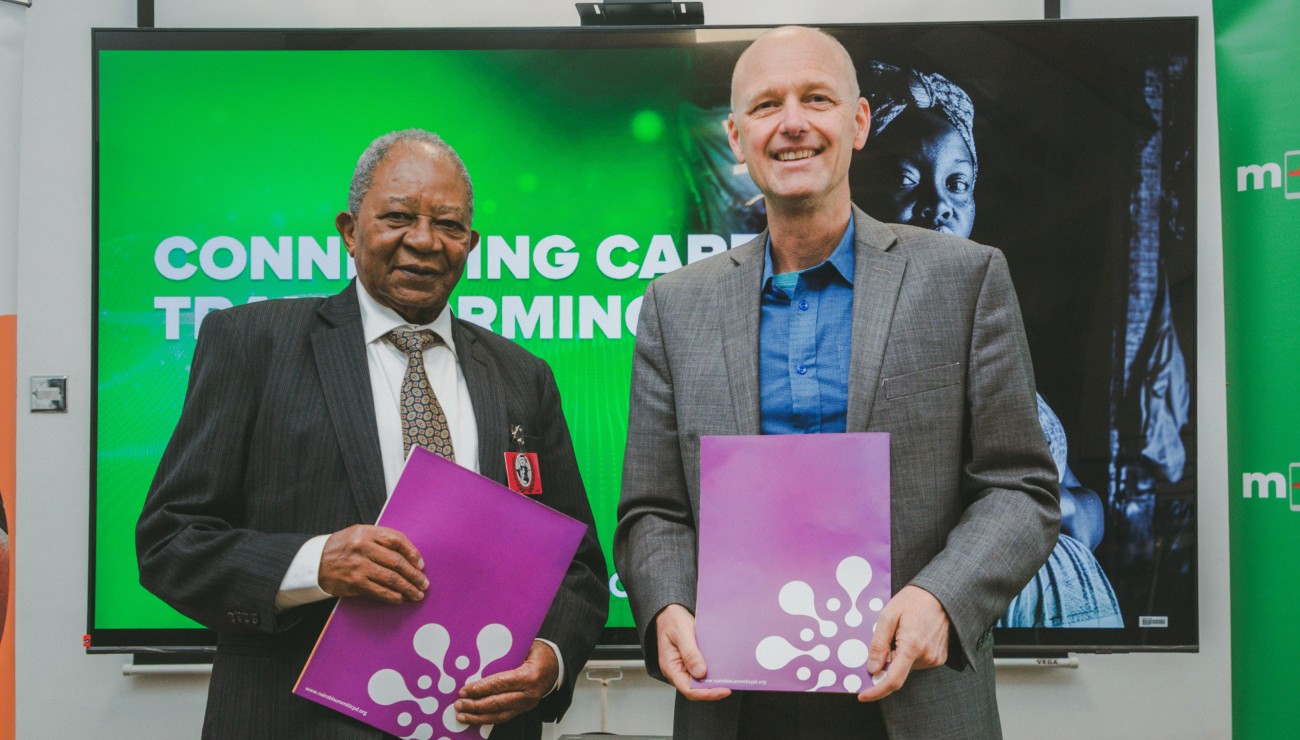
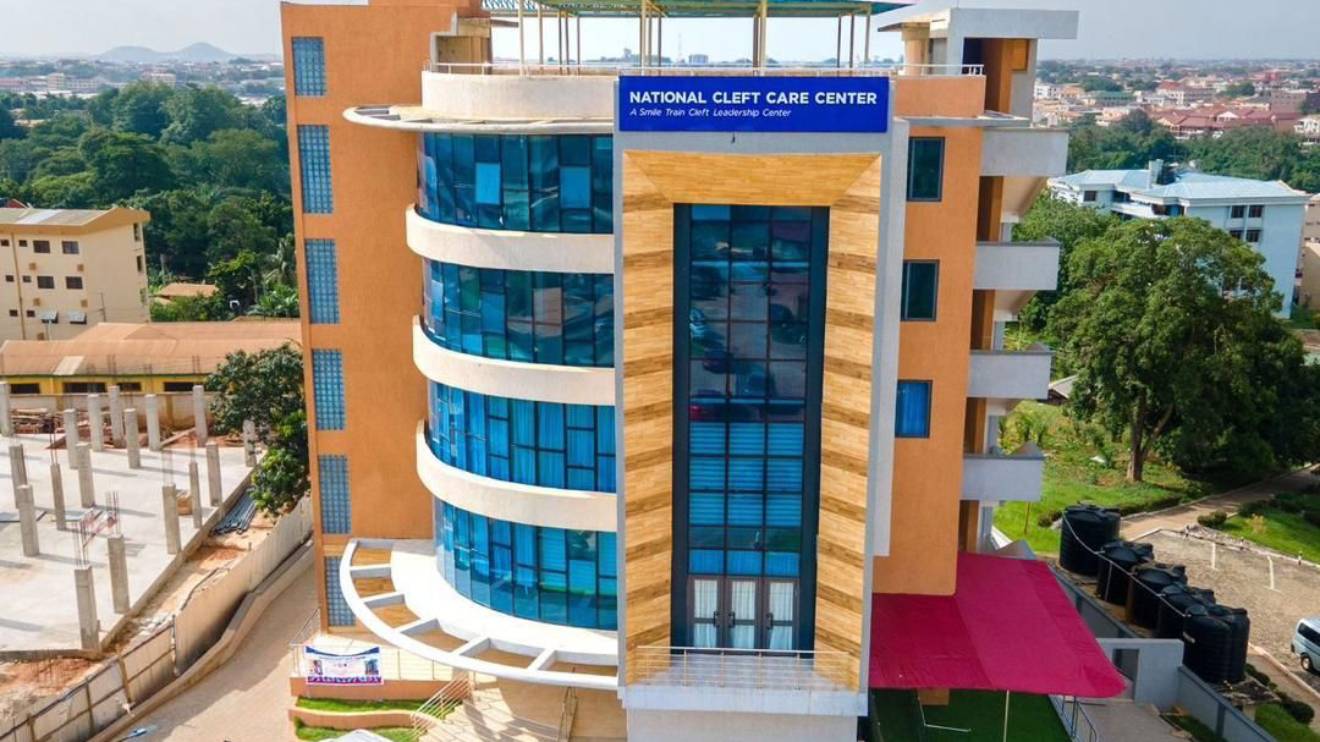

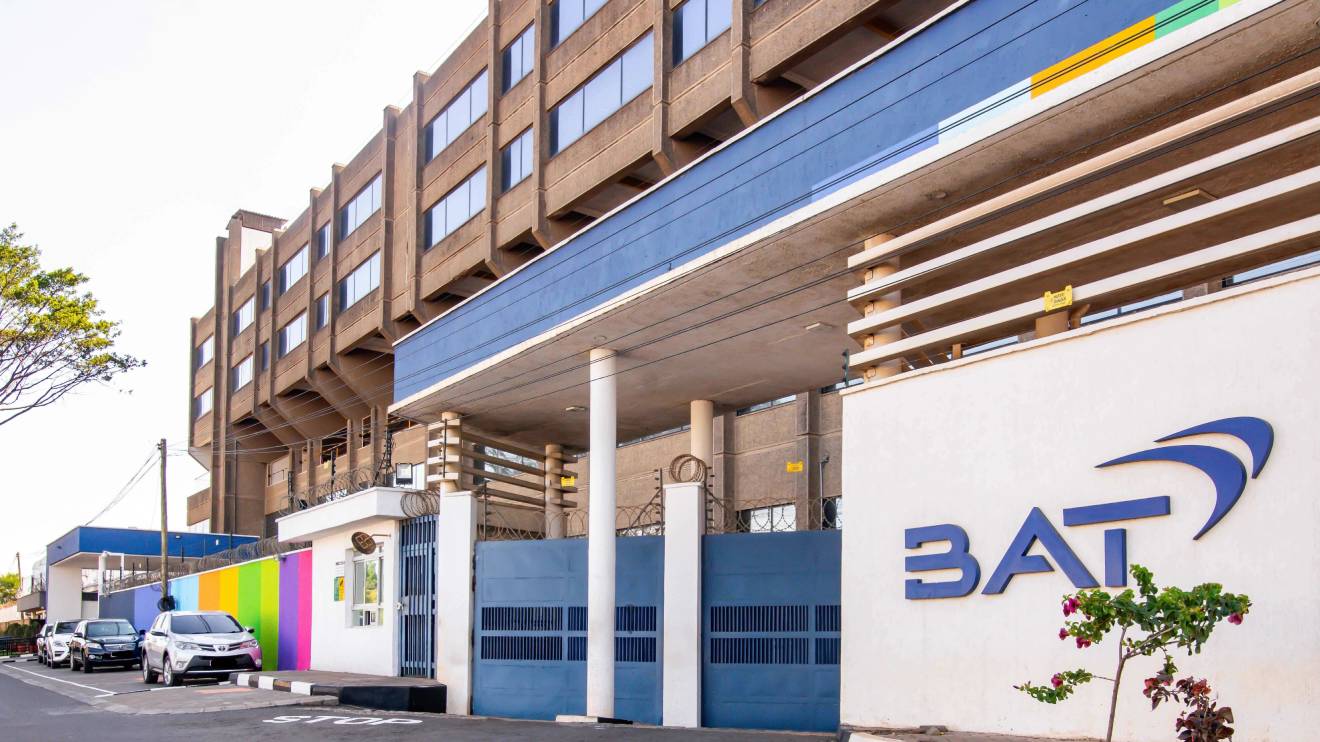
-1746531767.jpeg)
 (1)-1752516757.jpg)
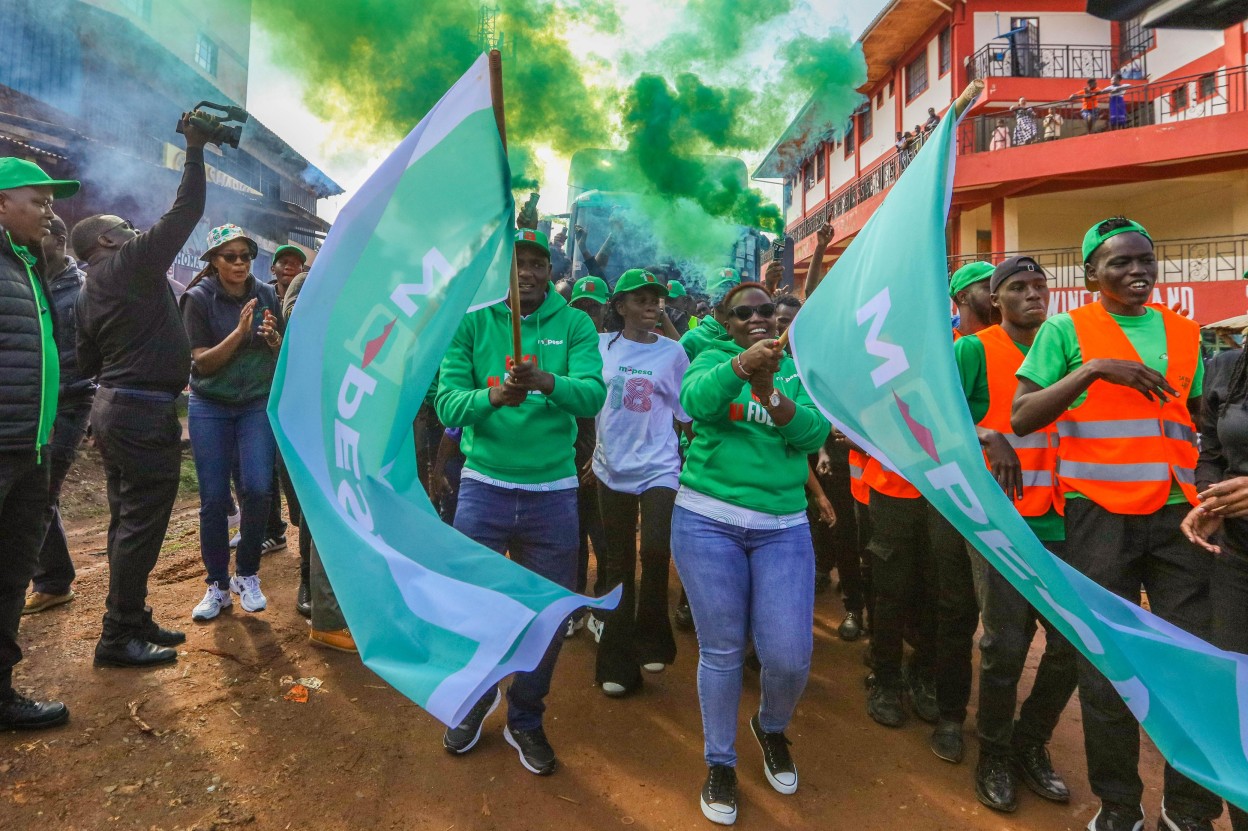
 (1)-1746786193.jpg)

 (1)-1752442958.jpg)